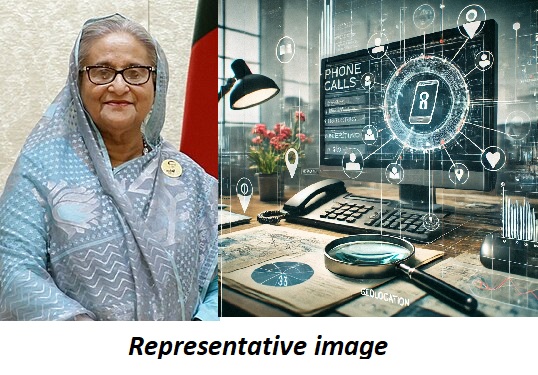The International Crimes Tribunal (ICT) is scrutinising former Bangladeshi Prime Minister Sheikh Hasina’s phone calls and meeting records from July to August 2024 as part of a probe into alleged crimes against humanity during the mass student-led uprising. The investigation, reported by Sirajul Islam Rubel for The Daily Star, aims to uncover her role in the deadly suppression of protests.
According to ICT prosecutors, investigators are using state documents, geolocation tools, video analysis, and forensic reports to ensure a thorough and fair investigation. The probe is focused on Hasina and other individuals with significant authority, including former ministers, MPs, advisers, and high-ranking police officials.
The uprising, which led to a nationwide curfew, resulted in numerous civilian and student deaths. The ICT investigation agency has reportedly gathered original videos, photos, and phone records, along with ballistic analyses of gunfire sounds to identify perpetrators.
Evidence includes phone records requested from the National Telecommunication Monitoring Centre (NTMC) and data from the national identity card server. The NTMC, previously led by Major General Ziaul Ahsan, himself jailed on similar charges, played a pivotal role in monitoring electronic communications during Hasina’s tenure.
Chief Prosecutor Tajul Islam stated that evidence implicates Hasina in overseeing a network of secret detention facilities during her 15 years in power. These facilities are alleged to have been used for enforced disappearances and torture.
The ICT has extended the deadline for investigations into two cases against Hasina, citing the complexity of the evidence. In addition to Hasina, Awami League General Secretary Obaidul Quader and 44 others face charges of crimes against humanity and genocide. Hasina alone is accused in a separate case under similar charges.




